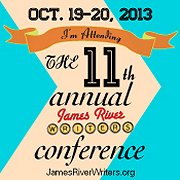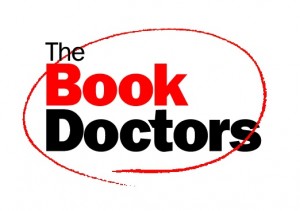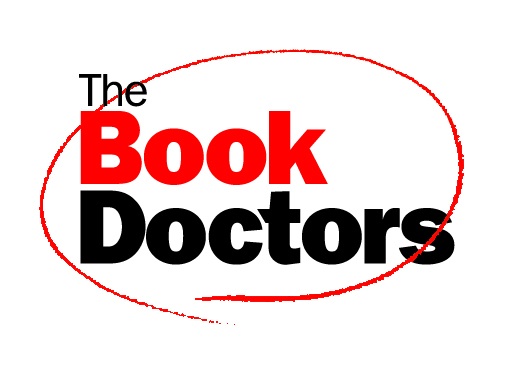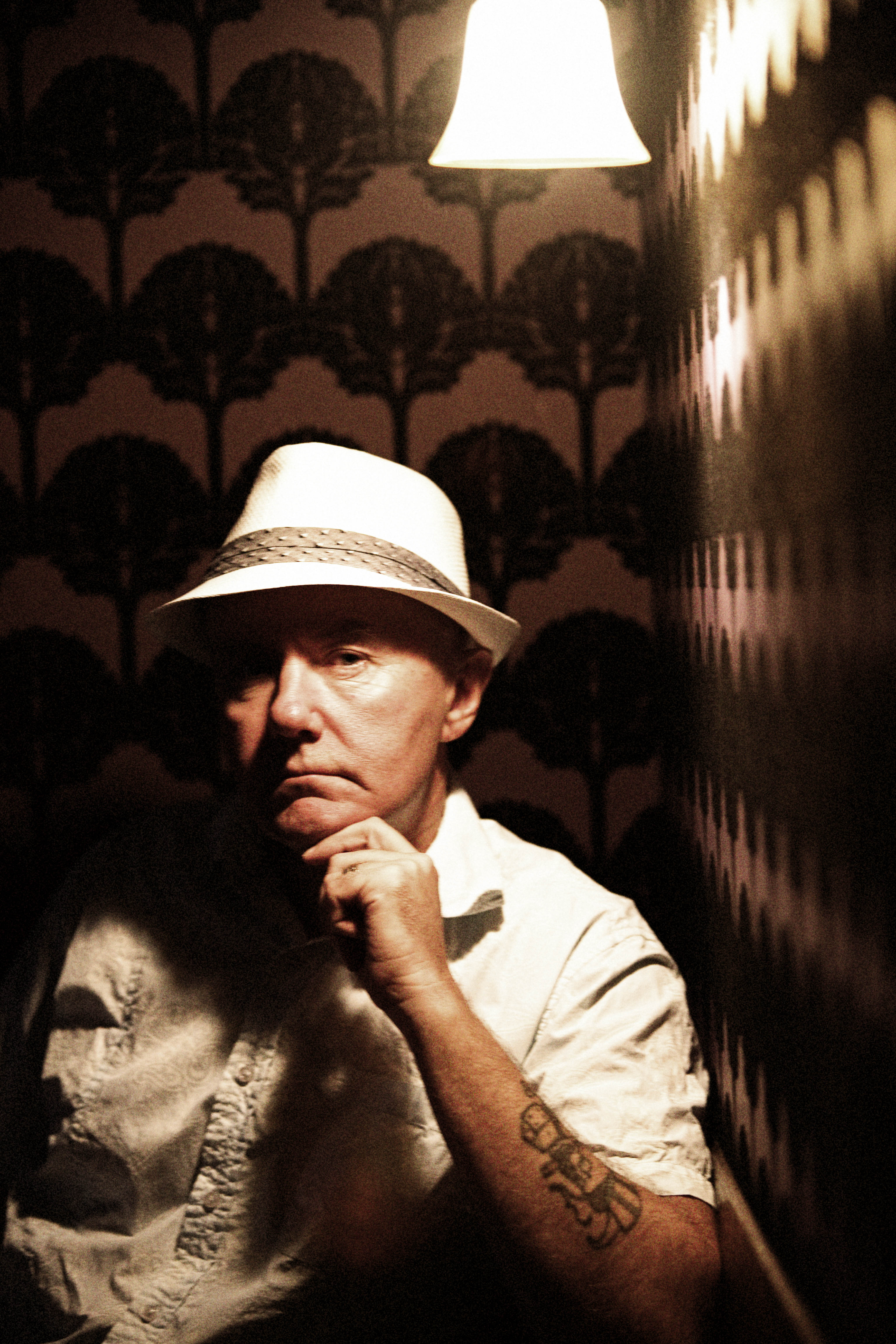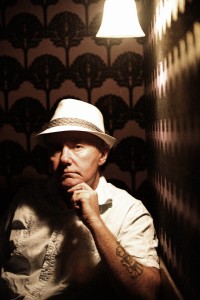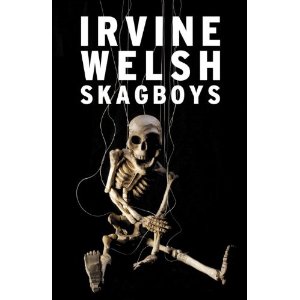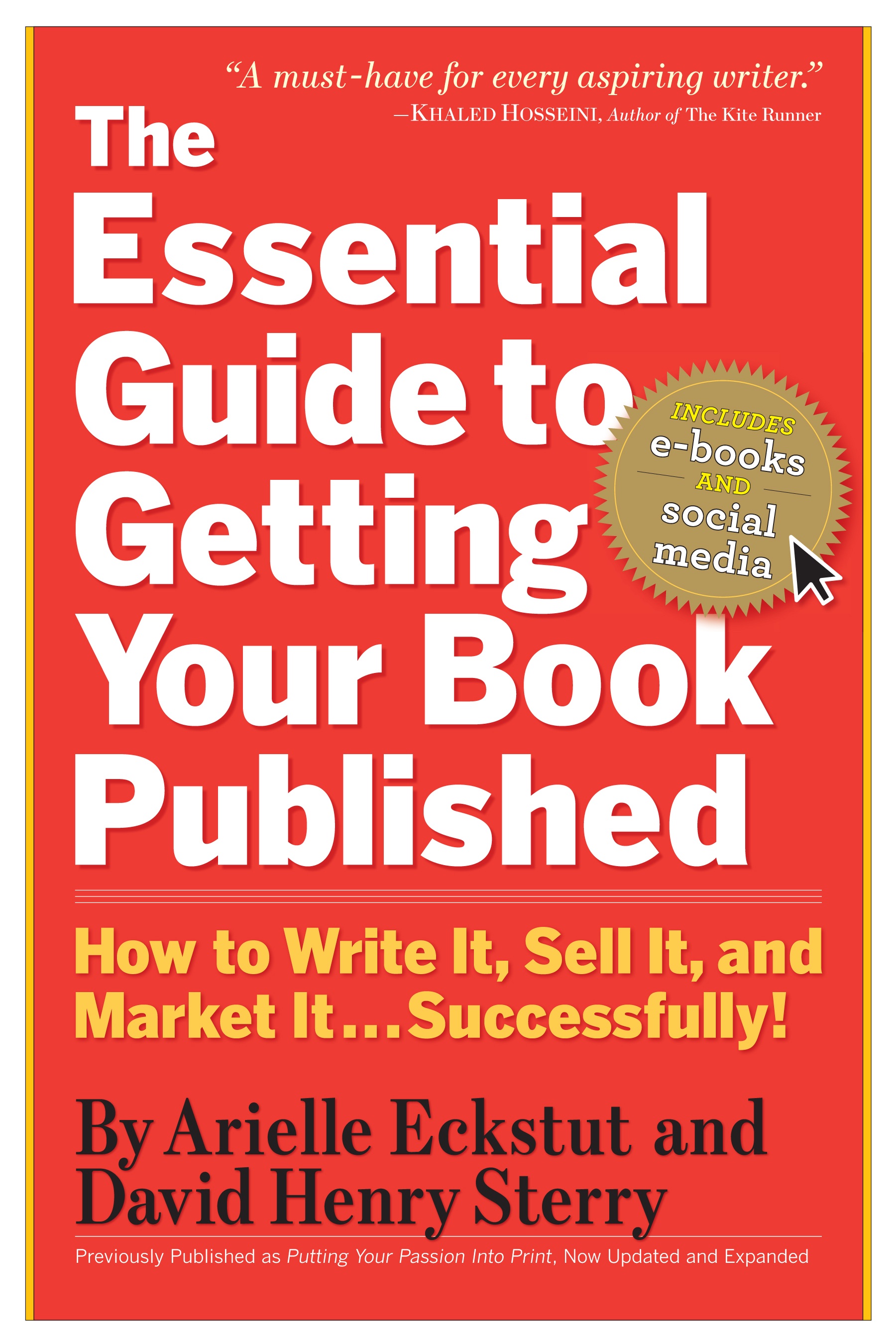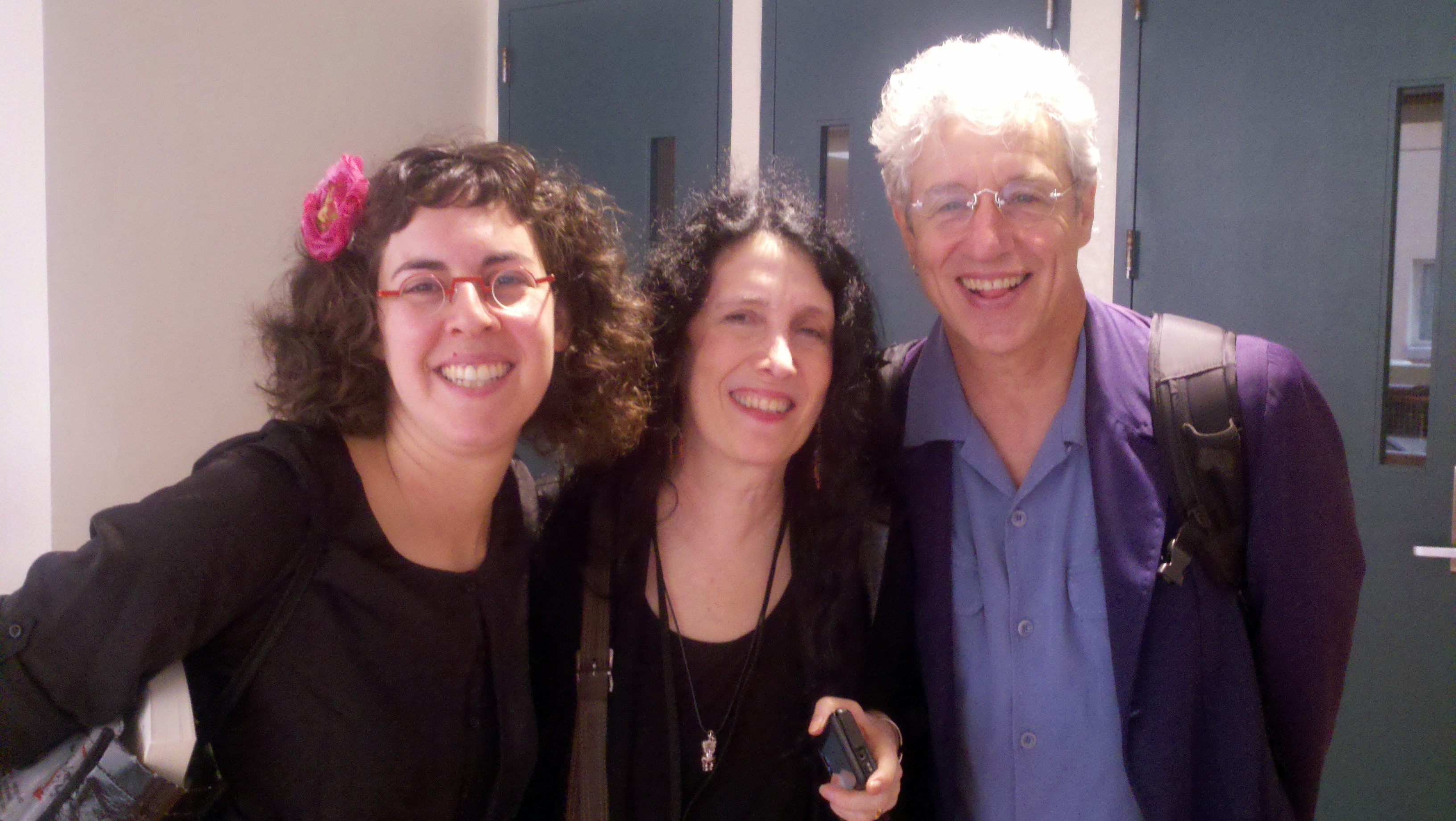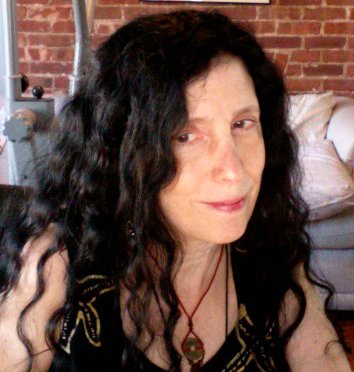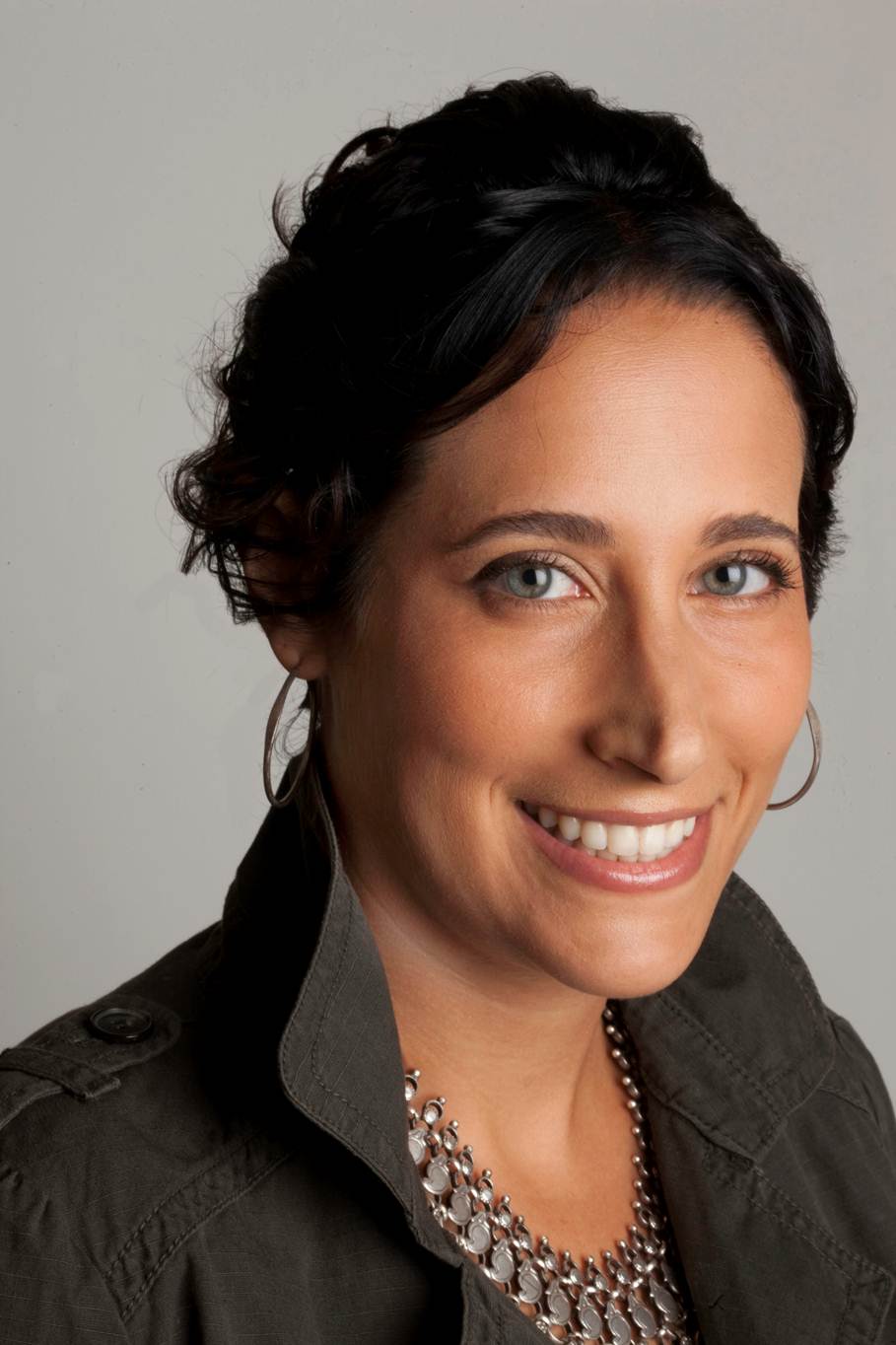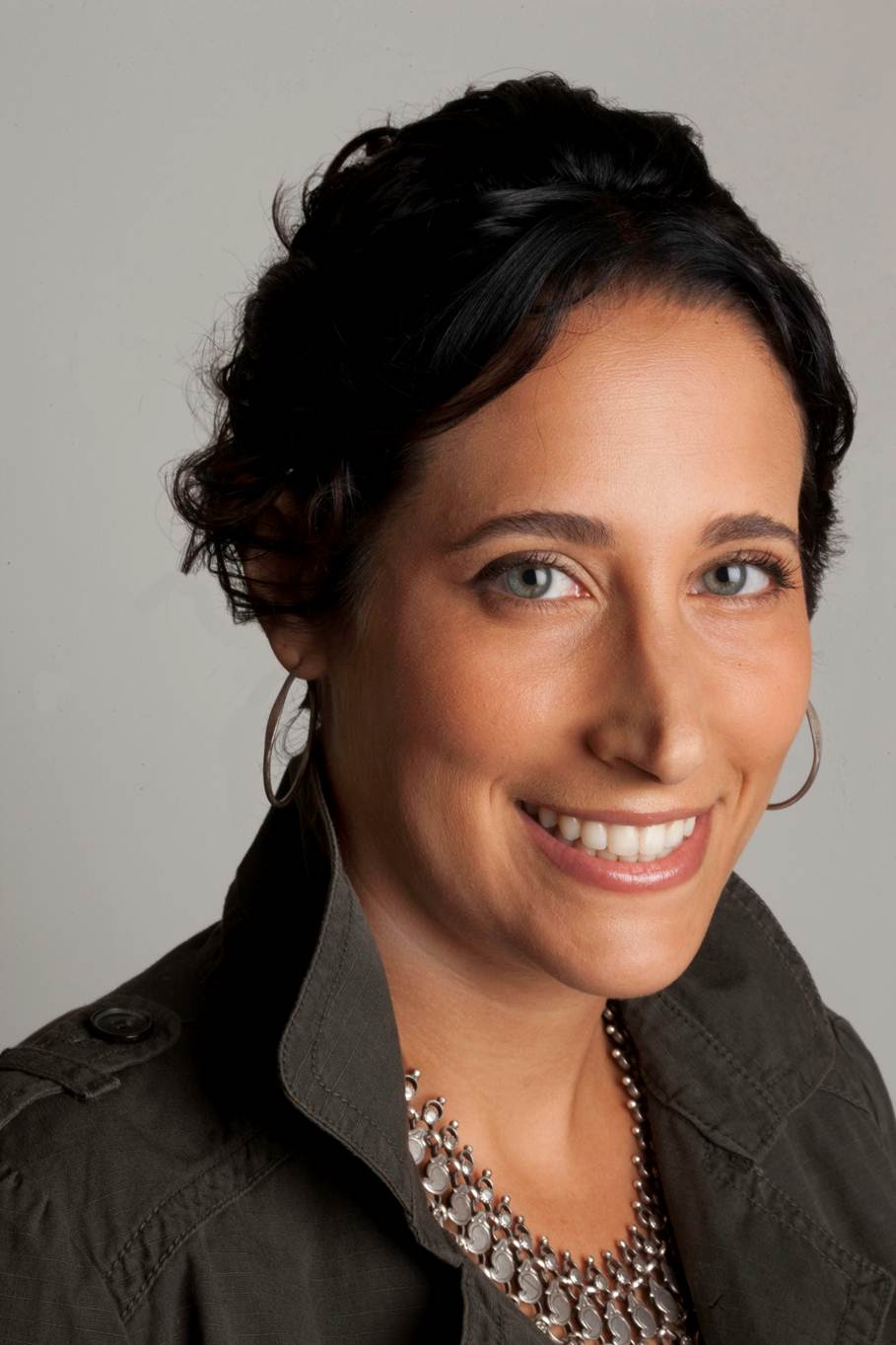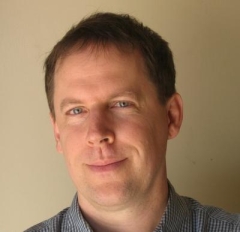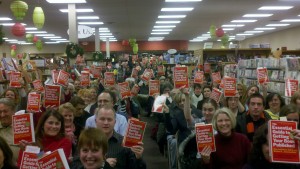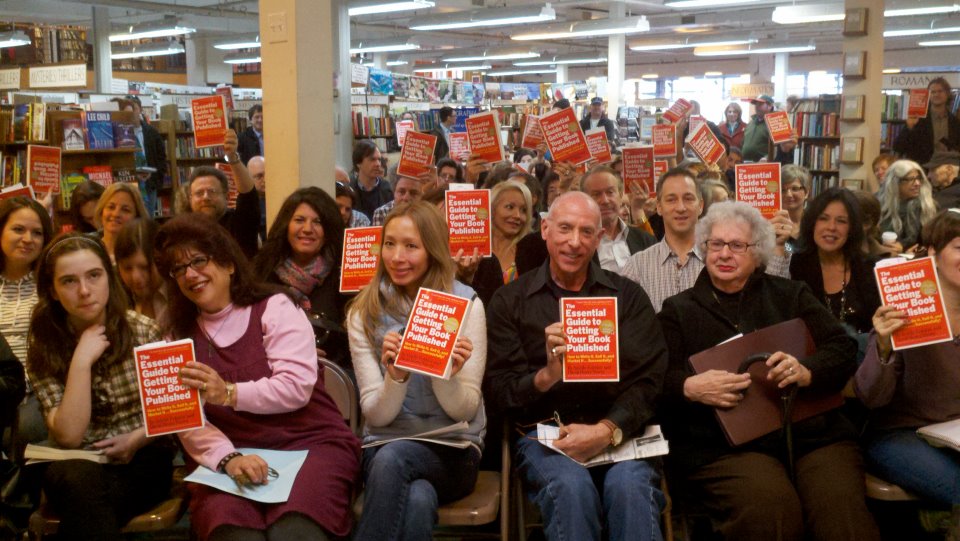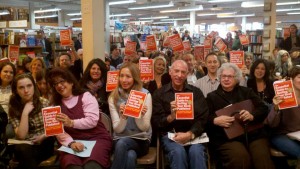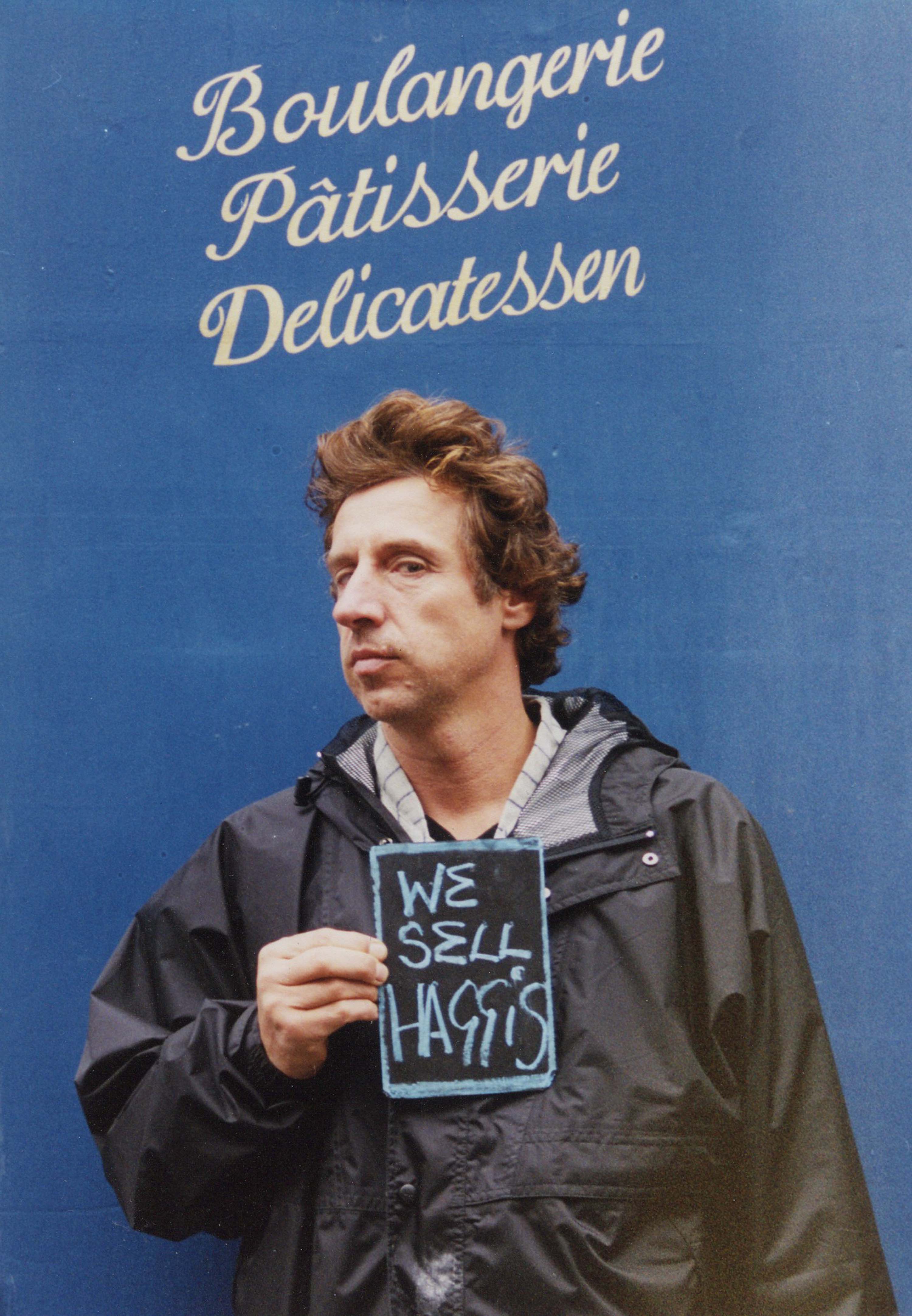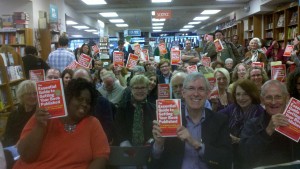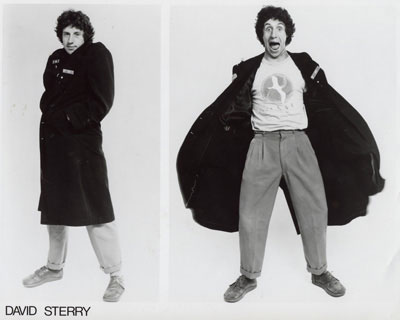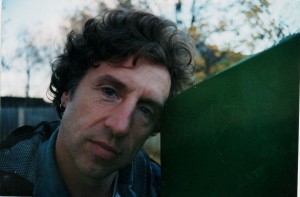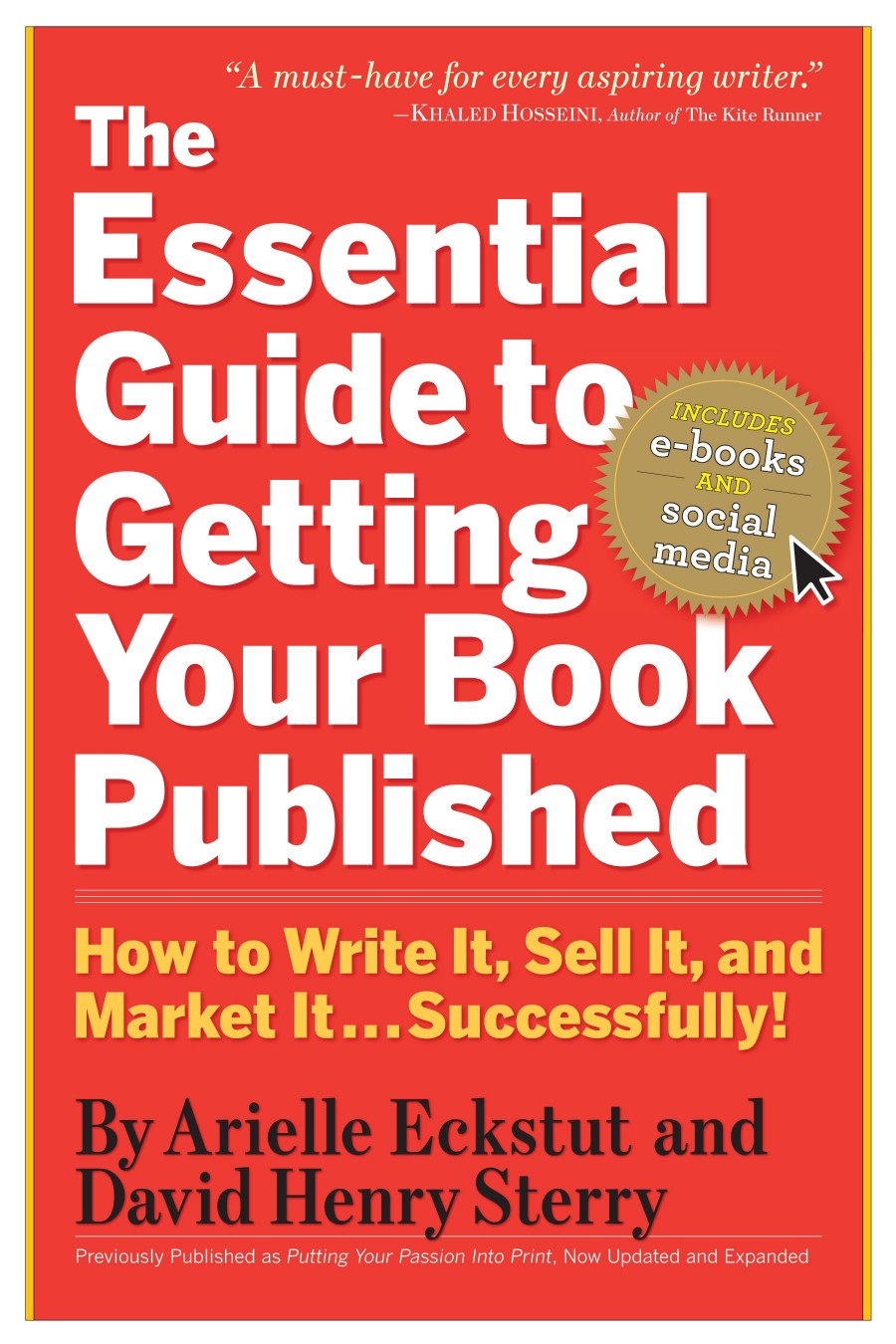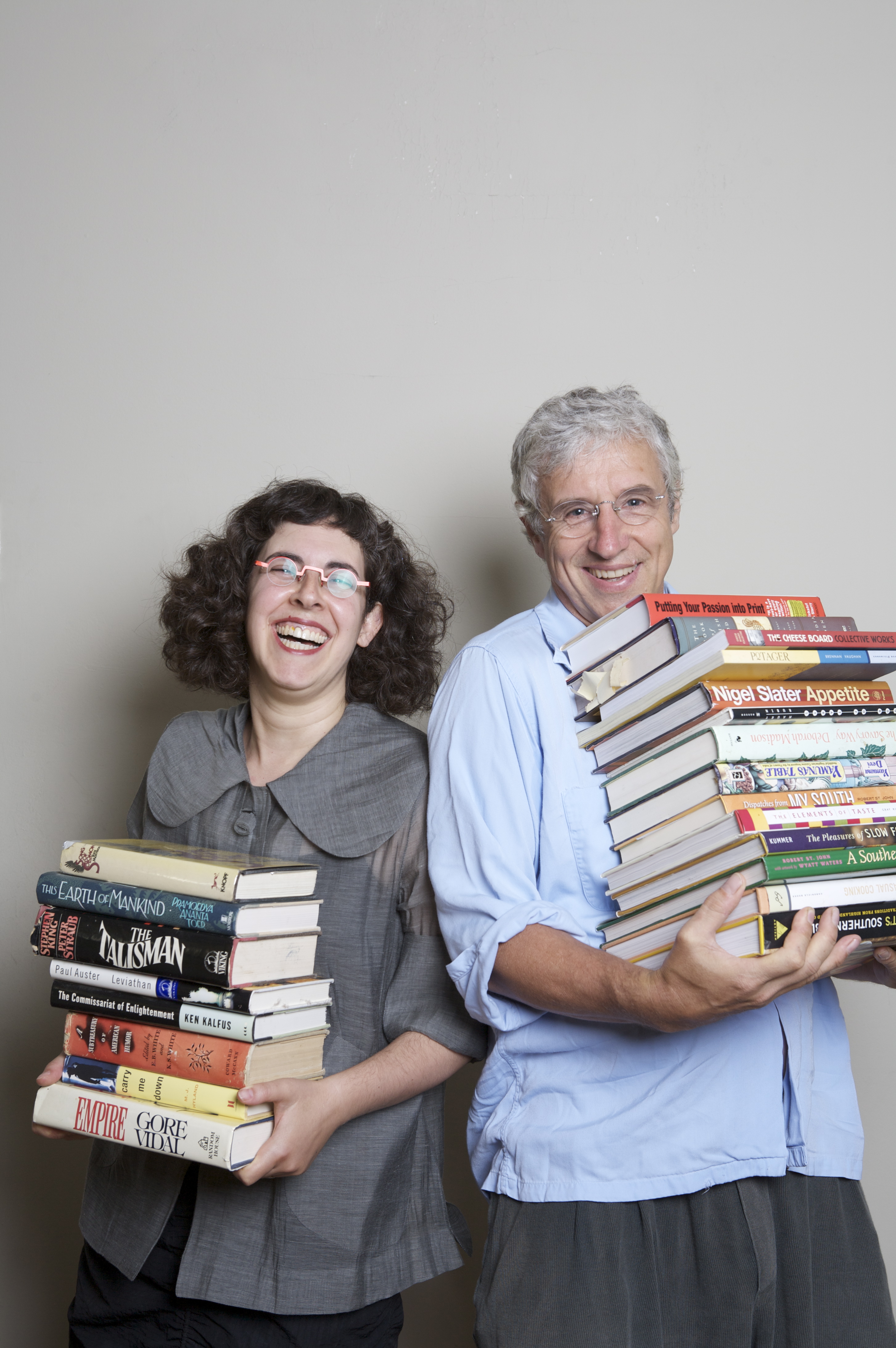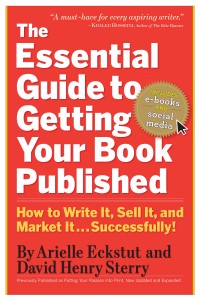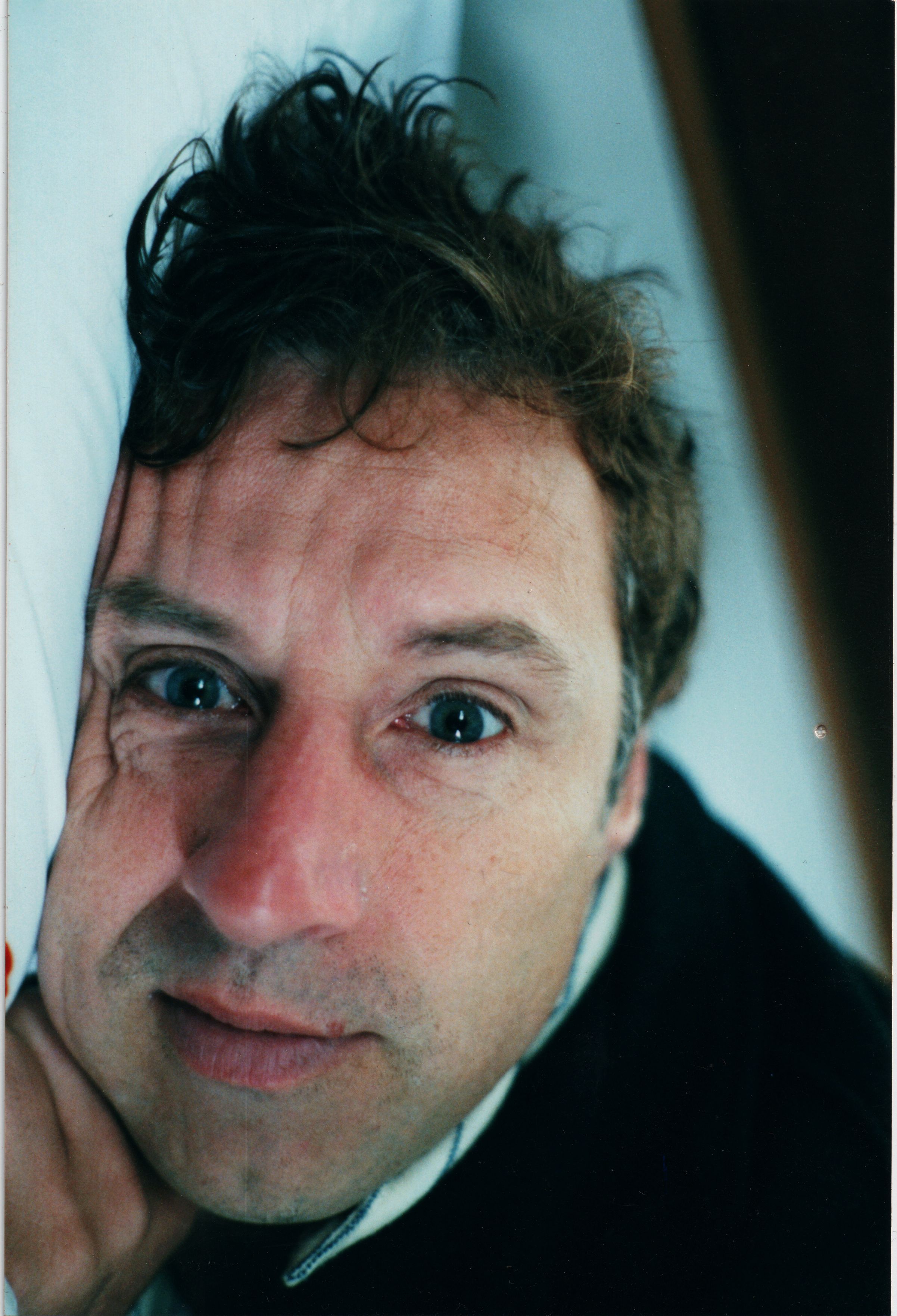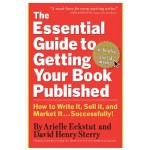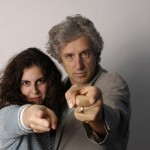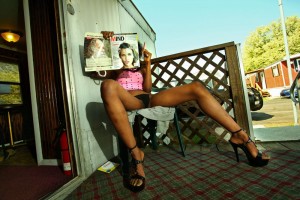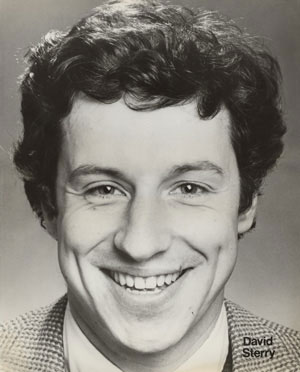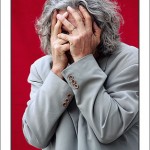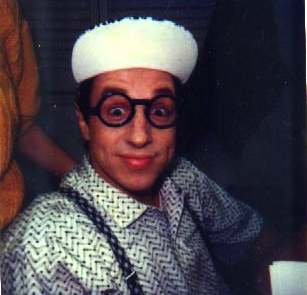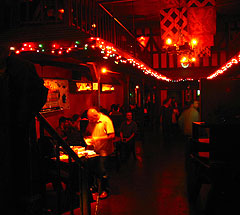
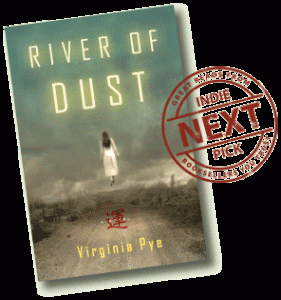 Originally published in Huffington Post.
Originally published in Huffington Post.
We first met Virginia Pye at the James River Writers Conference, one of the best writers conferences in America. If you’re a writer, do yourself a favor, get yourself to Richmond, Virginia and go to this conference. It’s filled with warm, generous, talented writers, editors and agents. When we first met Virginia Pye three years ago, she’d been writing and rewriting a novel for a very long time. It’s always exciting when you see a dedicated, talented writer who keeps evolving and changing and working, then finally gets their novel published, and actually gets lauded for it. So we thought we would check in with her to see exactly how it all happened.
The Book Doctors: Congratulations on being named an Indie Next Pick for your new novel, how did you feel when you found out?
Virginia Pye: I felt honored and excited, especially when I learned the other chosen authors, such as Caroline Leavitt, Benjamin Percy, Gail Godwin and Therese Anne Fowler. To be supported and encouraged by IndieBound booksellers means a lot to me. They’re smart and savvy book aficionados whose opinions I value. For years, I’ve read the books they recommend.
TBD: When did you start writing your book and why?
VP: Almost a decade ago as I helped my parents clear out their house, I came upon boxes of yellowed onion-skin pages with faint typescript on it. My grandfather, who was a missionary in northwestern China in the nineteen teens, had recorded his daily experience and impressions of that pre-industrialized, desolate, and yet eerily beautiful landscape. I’d always known about the roads, hospitals and schools that he had built in Shansi Province, but now I found his actual tally book in which he kept track of his converts. I felt both pride about his humanitarian successes and shame at his missionary zeal.
As I read his papers and studied the brown-tinged photographs, I was seated on an Oriental rug in the living room were I’d grown up–a room decorated with Chinese antiques and furniture. I was surrounded by my family’s history in China and I realized that, whether I liked it or not, part of my inheritance was a colonialist perspective on the world. I had not chosen it, nor felt that I shared it, but it was somehow mine to make peace with just the same.
The two main characters in my novel, the Reverend and his wife Grace, are upright, Midwestern missionaries who, over the course of their dramatic story find their faith tested and their world view shattered. It took some years for their story to fully emerge, but the germ for it began when I decided to wrestle with my grandfather’s legacy that I had previously tried to ignore.
TBD: What is your book about?
VP: On the windswept plains of northwestern China, Mongol bandits swoop down on the missionary couple and steal their small child. The Reverend sets out in search of the boy and becomes entangled in the rugged, corrupt landscape of opium dens, sly nomadic warlords and traveling circuses. He develops a following among the Chinese peasants who christen him Ghost Man for what they perceive as his otherworldly powers. Grace, his wife, pregnant with their second child, takes to her sick bed in the mission compound, where visions of her stolen child and lost husband beckon to her from across the plains. The foreign couple’s savvy, elderly Chinese servants, Ahcho and Mai Lin, eventually lead them on an odyssey back to one another and to a truer understanding of the world around them. River of Dust is a story of the clash of cultures and of retribution, and also of redemption. As the young American couple’s search for their child becomes more desperate, their adopted country comes to haunt them, changing not only what they believe but who they are.
TBD: You are involved with the James River Writers Conference, how did that community help you with the writing and selling of your book?
VP: James River Writers is a literary non-profit in Richmond, Virginia with around 400 members. I was chair of JRW for three years and on the board for close to a decade. JRW holds an annual conference each October, which is especially welcoming and friendly to writers of all types. I enjoyed working with everyone involved and made friends with many fellow aspiring writers, as well as the published authors and publishing professionals who came for the conference. Many of them were encouraging and offered to introduce me to their agents or fellow editors. JRW set a supportive and generous tone that I think everyone benefited from.
TBD: Did you hire an editor?
VP: For many years, I had worked on a previous novel that was about three generations of an American family with ties to China and Vietnam. It went through twenty-one drafts and dozens of agents saw it in various stages. They admired the writing and characters, but found that it just wasn’t quite working. Finally, I decided to take my manuscript to The Porches, a writing retreat in rural Virginia where I met author and editor, Nancy Zafris. She offered a different sort of editing experience from anyone else I’d heard of: she works with authors one-on-one over a weekend, discussing and brainstorming about the work. With Nancy’s perceptive questions, I began to see a new book emerging, one that was not a multi-generational story at all, but a compact and dramatic tale set in one year–1910–and in one setting–northwestern China. I left The Porches after that weekend with a new book in mind and a new, carefully conceived outline. I sat down on April 1st and completed a first draft on April 23rd. I had lived with the previous manuscript for so long– had wrestled with its problems and relished its strengths–that when it came time to write an altogether new version, I had enough previous connection to the characters and setting that the story came forth easily. It was both miraculous and not at all.
TBD: How did you find an agent?
VP: After I completed my marathon first draft of River of Dust, I shared it with Nancy who passed it along to her editor at Unbridled Books, Greg Michalson. He liked it and gave me a call. It was then that I realized I needed an agent. Gail Hochman had read the earlier multi-generational manuscript as well as another novel of mine. She had always been kind and thoughtful in her replies to my work, although she hadn’t taken me on as a client. I admired her authors–Michael Cunningham, Julia Glass, Ursula Hegi–so I chose to go back to her with River of Dust when Unbridled made their offer. I’m so glad I did. As everyone knows, Gail is a brilliant agent and an enthusiastic and caring person.
TBD: What are some of the mistakes you made as you wrote and tried to sell your book?
VP: In retrospect, I think that it may have been a mistake to work for so long on that previous novel. If something isn’t working, tinkering with it probably won’t help. To give myself more credit, I did revise–sometimes extensively–but I still wanted that manuscript to be the book I had in mind from the start. I was determined to bend the characters and plot to fit the book I envisioned. Somehow I wasn’t listening well enough to the voices of smart readers, or even my own voice that was whispering that it just wasn’t working. The manuscript was telling me that it needed to be altogether different. I was trying to write a book with a complicated structure before ever truly perfecting a simpler one. Perhaps there’s a lesson in that, too: succeed first at something smaller, before trying to tackle your opus. Come to think of it, I know a number of writers who have been working on big books for years and those projects never seem to come to fruition. Perhaps aiming for something less baroque and yet doing it well is a better way to go with a debut novel.
TBD: How do you plan to promote and market your book?
VP: I’ve written a number of essays about the backstory for my novel. “A Zealot and Poet,” about my grandfather, will appear in May in The Rumpus. I’m excited to be interviewed at Caroline Leavitt and David Abrams’s blogs and in The Nervous Breakdown. Excerpts from River of Dust will also soon appear in The Nervous Breakdown, and in The Collagist and DearReader.com. I had a great time creating a playlist for River of Dust for the Largehearted Boy. Unbridled has done a great job of setting up book events up and down the East Coast: in Richmond, Charlottesville, Alexandria and Norfolk, Virginia; New York, Boston and Western Massachusetts. I’m excited about all my events, but a few in particular stand out for me: a reading in the Lucian W. Pye Room at M.I.T. (named for my father who was a prominent Political Scientist there); a reading at Back Pages Books in Waltham, Massachusetts, at which my four closest high school girlfriends are coming in from around the country to cheer me on; and what I think will be a great evening at the China Institute in NYC, where I’m eager to share my work with China enthusiasts and experts and look forward to learning from my audience.
TBD: What are some of your favorite things about being a writer? And what are some of the things you hate about it?
VP: I am completely biased towards writers and writing. I think there’s nothing better to do with one’s life. OK, being a visual artist or musician is pretty good, too. And my husband is a contemporary art museum curator and that’s not half bad. But, as a writer, you have carte blanche to express your vision of the world, however quirky it may be. You can read voraciously and remain a dilettante. Aleksander Hemon recently said, “Expertise is the enemy of imagination.” As someone who has written a novel set in a country where I have never been, I agree. People ask if I did a lot of research before writing River of Dust. I did only as much as I needed to ignite my mind, which, as it turned out wasn’t a great deal–again, perhaps because I’d grown up with a visceral understanding of China passed down to me through two generations. I think that writers have an obligation to be thoughtful in their work. Good writing needs to offer meaning on several levels at once. A novel that has strong storytelling doesn’t need to sacrifice that goal. I hope that River of Dust is both a page-turner and an intelligent read. I love Philip Roth’s rallying cry to writers at his eightieth birthday and on the occasion of his retirement from writing: “This passion for specificity, for the hypnotic materiality of the world one is in is all but at the heart of the task to which every American novelist has been enjoined since Herman Melville and his whale and Mark Twain and his river: to discover the most arresting, evocative verbal depiction of every last American thing.” The only down side to writing is that it’s no easy task. But who ever wanted easy when trying to live a meaningful life?
TBD: I hate to ask you this, but what advice do you have for writers?
VP: Pay attention to the market: to what agents tell you at conferences and on Twitter; to what your independent bookseller says about the books he or she endorses; to what your most thoughtful and serious readers say about your manuscript. And then, put it all on the backburner while you write. Let it simmer in the back of your mind as you write the book you want to write. If their advice has resonated then it will help shape the next draft. Stick with the manuscript until it’s done and don’t start to shop it around too early. If you’re as eager as I was with numerous manuscripts, most likely you’ll shop it around too early. When you’ve written what you are truly proud of–after listening carefully for any hesitations and heeding them–reach out to agents and published authors with graciousness and gratitude. The publishing world is not waiting for you, but on the other hand, it can’t exist without you. So take up your rightful place, but politely and while keeping in mind that we’re incredibly lucky to be doing this thing that we love. At least, that’s how I try to approach it.
Virginia Pye’s debut novel, River of Dust, is an Indie Next Pick for May, 2013. Her award-winning short stories have appeared in numerous literary magazines. She holds an MFA from Sarah Lawrence, taught writing at New York University, and The University of Pennsylvania, and has helped run a literary non-profit in Richmond, Virginia. For more about her, visit: www.virginiapye.com
The Book Doctors have helped dozens and dozens of amateur writers become professionally published authors. They edit books and develop manuscripts, help writers develop a platform, and connect them with agents and publishers. Their book is The Essential Guide to Getting Your Book Published. Anyone who reads this article and buys the print version of this book gets a FREE 20 MINUTE CONSULTATION with proof of purchase (email: [email protected]). Arielle Eckstut is an agent-at-large at the Levine Greenberg Literary Agency, one of New York City’s most respected and successful agencies. Arielle is not only the author of seven books, but she also co-founded the iconic company, LittleMissMatched, and grew it from a tiny operation into a leading national brand that now has stores from Disneyland to Disney World to 5th Avenue in NYC. David Henry Sterry is the author of 15 books, a performer, muckraker, educator, and activist. His first memoir, Chicken, was an international bestseller, and has been translated into 10 languages. His anthology, Hos, Hookers, Call Girls and Rent Boys was featured on the front cover of the Sunday New York Times Book Review. The follow-up, Johns, Marks, Tricks and Chickenhawks, just came out. He has appeared on, acted with, written for, worked and/or presented at: Will Smith, Edinburgh Fringe Festival, Stanford University, National Public Radio, Penthouse, Michael Caine, the London Times, Playboy and Zippy the Chimp. His new illustrated novel is Mort Morte, a coming-of-age black comedy that’s kind of like Diary of a Wimpy Kid, as told by Travis Bickle from Taxi Driver. He loves any sport with balls, and his girls. www.davidhenrysterry To learn how not to pitch your book, click here.

